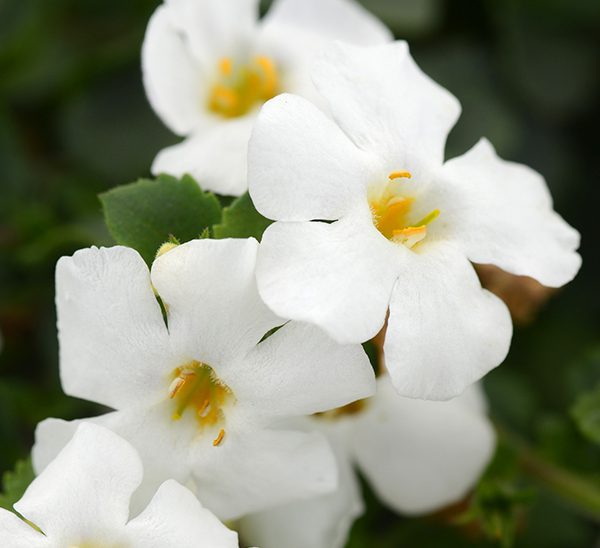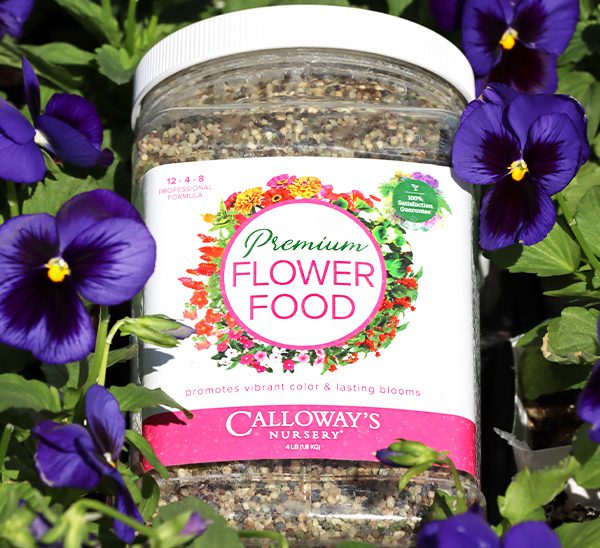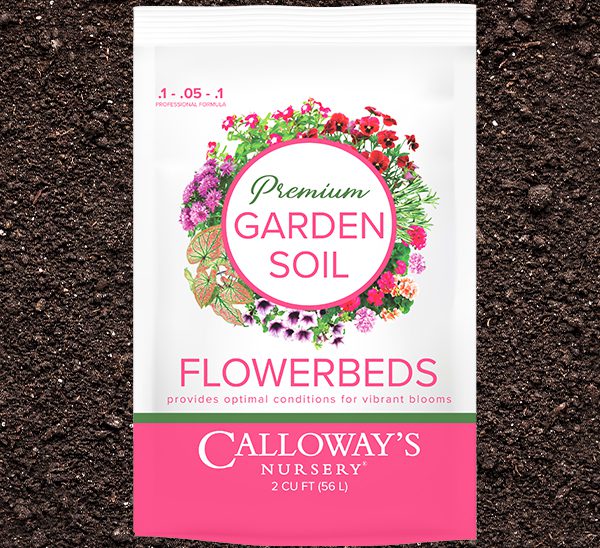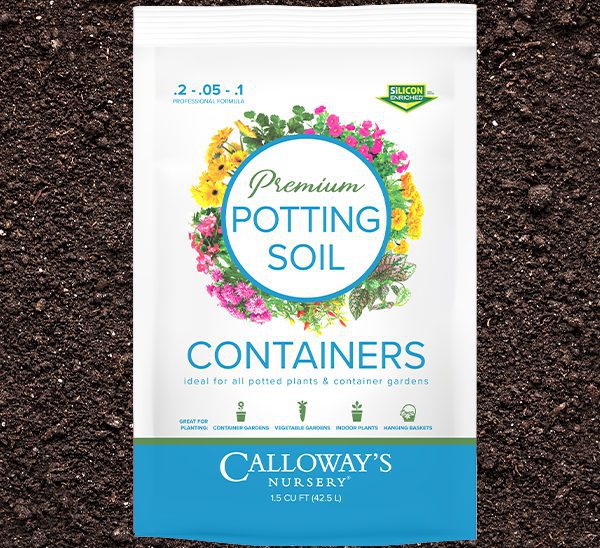Bacopa
Spring color that mixes well in the landscape. Works perfectly in mixed containers with small, star-shaped flowers.
Please contact your local store for product availability.
Find a garden center near you.
Plant Height: 4-8 in.
Spread: 4-8 in.
Evergreen: No
Plant Form: Trailing
Minimum Sunlight: Partial Sun
Maximum Sunlight: Full Sun
How to Care for Bacopa
Bacopa grows best in full sun to partial shade. It performs beautifully with 4–6 hours of sunlight daily, producing the most blooms in bright conditions. In hotter climates, light afternoon shade helps protect it from stress and drying out. Too much shade can cause fewer flowers and leggy growth.
This trailing annual prefers moist, well-draining soil rich in organic matter. A loamy mix with compost or peat moss works well. Bacopa does best in slightly acidic to neutral pH (6.0–7.0). Avoid compacted or dry soils—consistent moisture and drainage are key to healthy, blooming plants.
Keep Bacopa’s soil evenly moist at all times. Water deeply whenever the top half inch of soil begins to dry—typically every 1–3 days in warm weather or containers. Bacopa is sensitive to drought; even short dry periods can cause flowers to drop. Use mulch or self-watering containers to maintain consistent moisture.
Feed every 4–6 weeks with a balanced, water-soluble fertilizer (such as 10-10-10 or 15-15-15). In containers, a liquid feed every two weeks helps sustain continuous blooms. Avoid excessive nitrogen, which promotes leafy growth over flowers. Adding compost at planting time improves long-term nutrition.
Regularly pinch or trim back the stems to encourage branching and fuller growth. Remove faded or spent blooms to extend flowering. If the plant becomes leggy or sparse midseason, shear it back by one-third to promote fresh, vigorous growth and renewed blooms.
Bacopa is generally hardy but can attract aphids, whiteflies, or spider mites in warm, dry conditions. Maintain even moisture and good air circulation to prevent problems like powdery mildew or root rot. Avoid letting the soil dry out or stay soggy for long periods.
No—Bacopa is frost-sensitive and typically grown as an annual. It thrives in mild temperatures between 60–75°F. Protect it from frost by bringing containers indoors before cold weather arrives or by replanting each spring after the danger of frost has passed.






